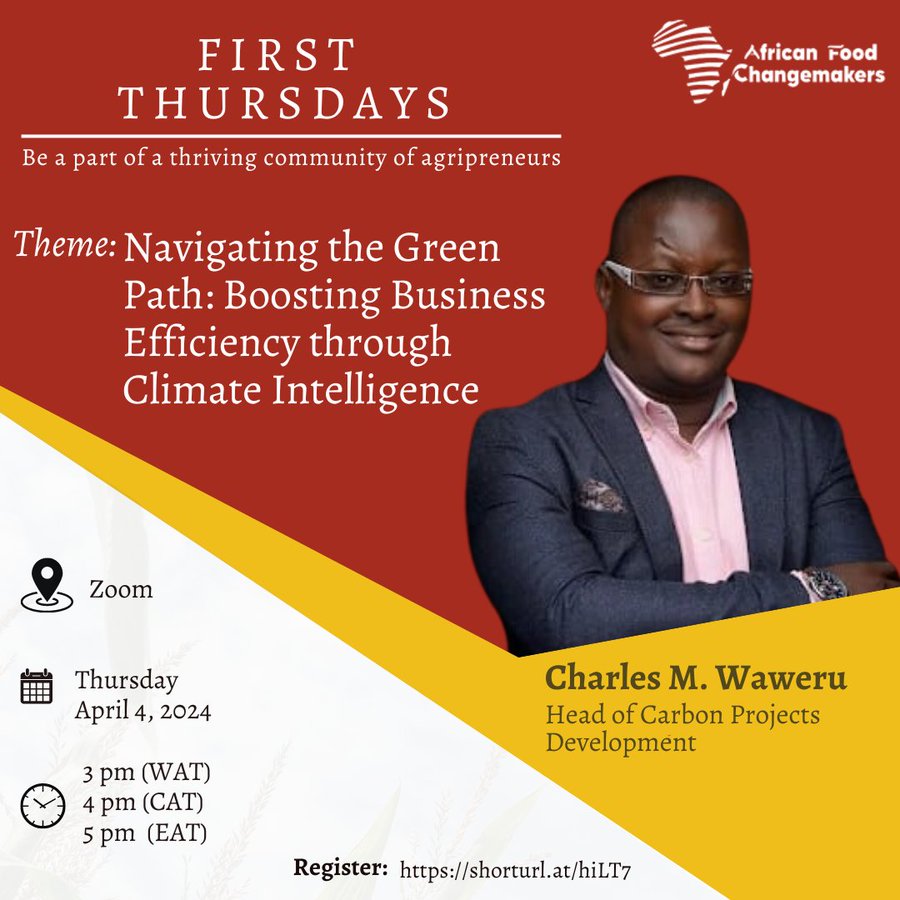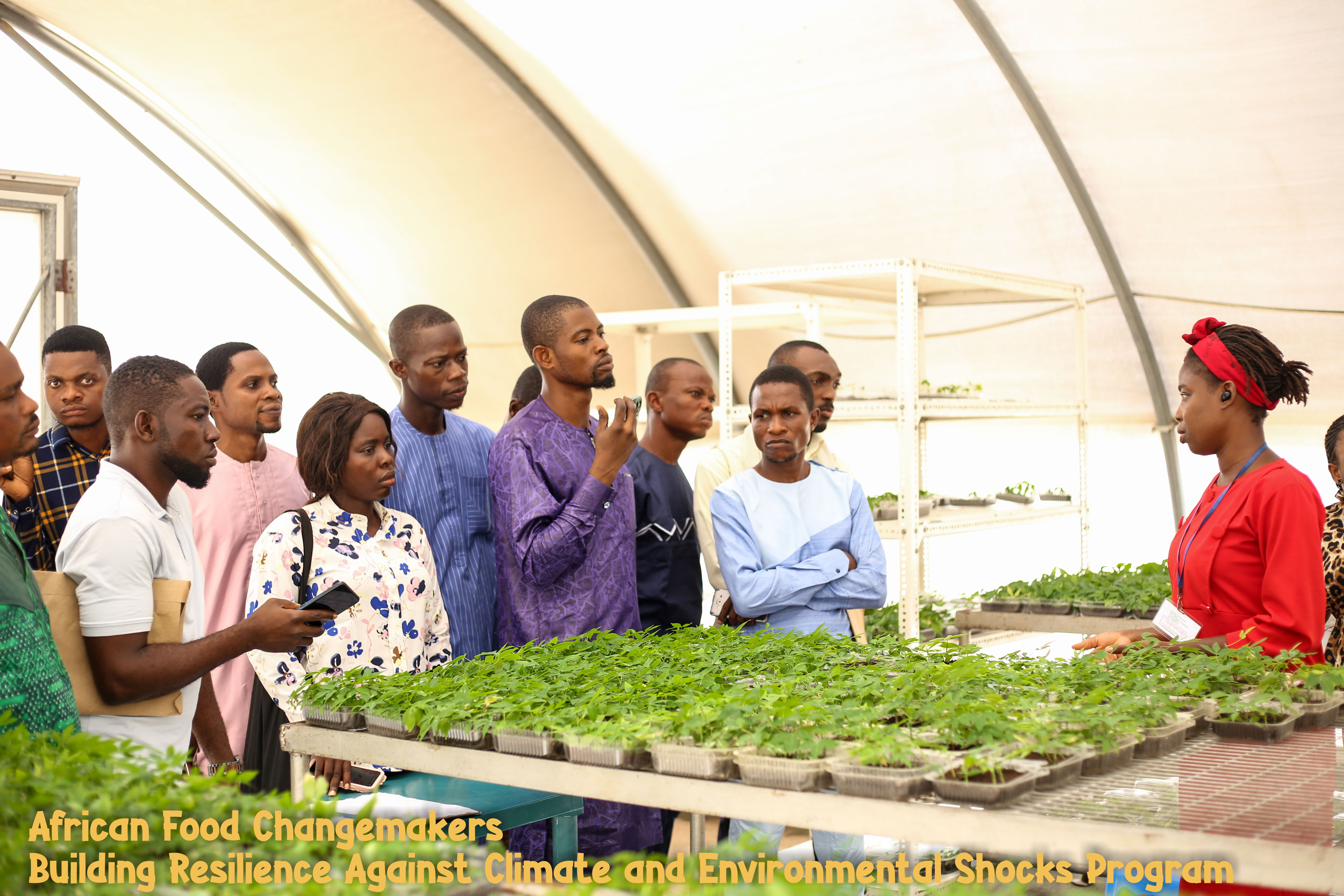- Charles Waweru, Head of Carbon Projects Development at Verst Carbon. (contact: charles.m.waweru@gmail.com / cwaweru@verst.earth /
Background Verst Carbon
- Pre-financing Taking down the cost barrier through innovative climate finance solutions.
- Ecosystem Integration Bringing together all stakeholders in the carbon ecosystem to enhance cohesion, and expedite processes.
- Integrity Innovative project monitoring solutions to ensure the integrity of carbon credits.
- Community Providing a platform for the sharing of gains among community members that facilitate project development.
Resources
Inspiration: Peter BenHur NYEKO, CEO & Co-founder, Mandulis Energy - with whom I had a lengthy exchange yesterday - Panel #4 (see video)
9-10 May 2024. East Africa Carbon Markets Forum, a premier event bringing together key stakeholders in the region's carbon markets.
AEF (2023) Realising the full potential of carbon pricing and markets: Opportunities for the Africa- Europe Partnership # 33p.
In the framework of COP28 (the UN Climate Change Conference), the Africa-Europe Foundation (AEF) and the Climate Action Platform for Africa (CAP-A) released a joint report, outlining the reasons why carbon pricing and subsequent trading is a win-win opportunity to advance global climate action and achieve socio-economic growth.
The report underlines Africa’s vast potential in the supply of carbon credits and low-emission products given its renewable energy capacity, growing workforce, and natural resources.
Yet currently, Africa falls short in meeting global and European demand for carbon credits.Between 2012 and 2022, projects originating in Africa represented approximately 9% of credits retired globally on the Voluntary Carbon Market. Positive shifts in market access however are contingent on the high environmental integrity of the certified credits.
As such, the joint report identifies seven key pillars for high integrity carbon markets to proliferate and outlines key areas of collaboration between Africa and Europe to ensure convergent -not divergent- paths in market building:
- Good national governance
- Conducive policy and regulation
- Fit-for-context methodologies, measured rigorously
- Affordable project finance for suppliers
- Information and tools to assess project quality and integrity
- Market-based mechanisms for connecting supply and demand
- Fair and equitable market access
Related
This session also marked the launch of the 2nd cohort of the Building Resilience Against Climate and Environment Shocks program (BRACE) and Unveiling of the selected participants!
The Building Resilience Against Climate and Environmental Shocks (BRACE) is an intensive capacity program that empowers agri/food SMEs through training and technical support, to implement sustainable solutions for scaling their agribusinesses in the face of climate change. It exposes participants to the impact of climate change on their businesses, mitigation and adaptation strategies, insights into climate financing, and other opportunities in the climate ecosystem.
The Building Resilience Against Climate and Environmental Shocks (BRACE) is an intensive capacity program that empowers agri/food SMEs through training and technical support, to implement sustainable solutions for scaling their agribusinesses in the face of climate change. It exposes participants to the impact of climate change on their businesses, mitigation and adaptation strategies, insights into climate financing, and other opportunities in the climate ecosystem.
Through the support of the Skoll Foundation, BRACE will train over 3,000 SMEs across Africa between 2022 and 2024.



No comments:
Post a Comment